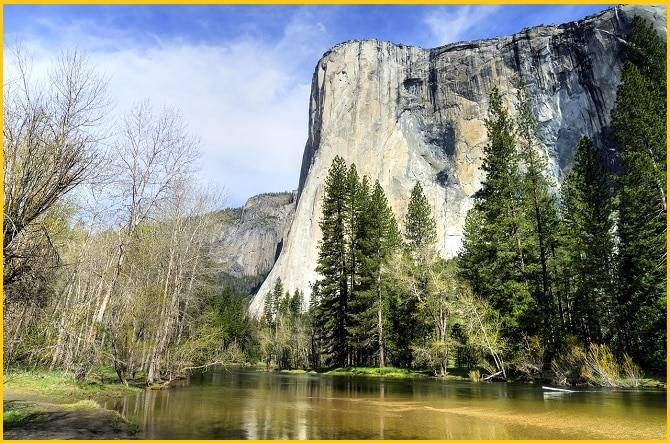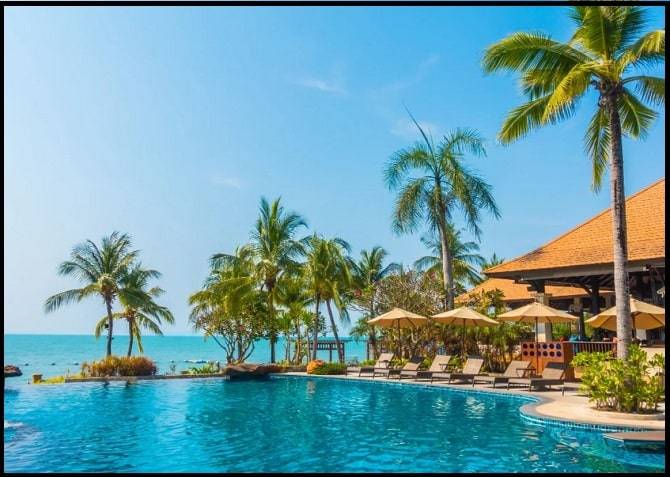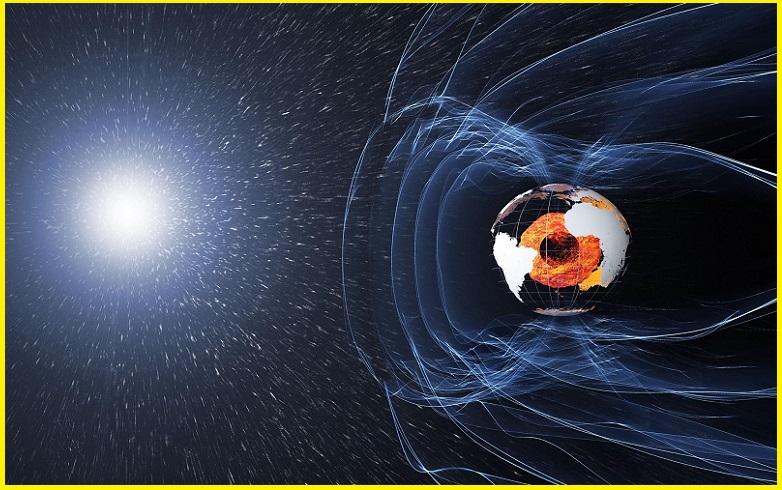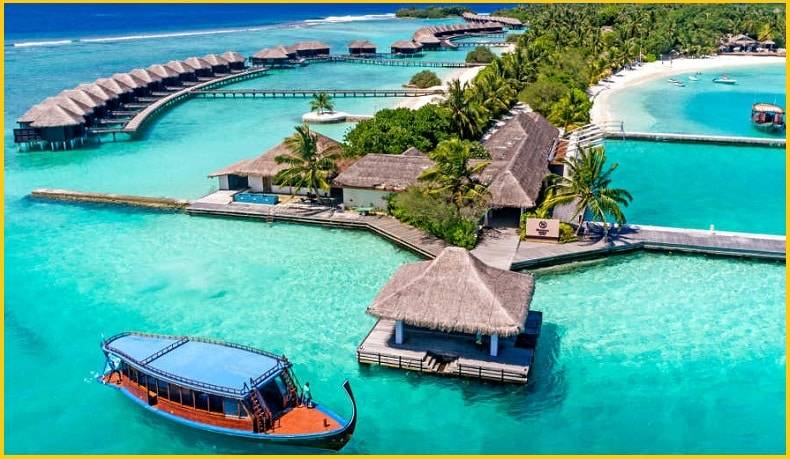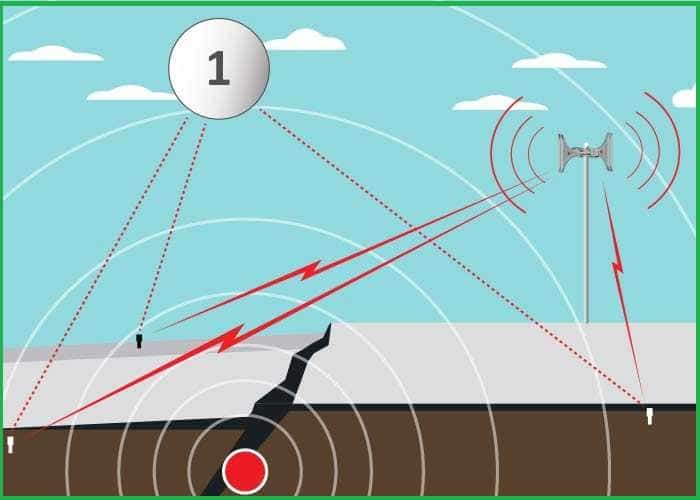
Deur Kothar
Deur Kothar is an archaeological site that has ancient Buddhist stupas, Discovered in the year 1982. These stupas are said to be about 2000 years old and belong to Ashoka’s reign. You will find three large stupas carved out of clay bricks and several small stupas out of 46 different stones. Deur Kothar also has 5000 years old rocky caves. Research says that during the period of Ashoka to spread Buddhism in the Vindhyan region, the remains of Lord Buddha were distributed to create these stupas.
Discovery of Deur Kothar
This place was discovered by P.K. Mishra (Archaeological Survey of India) in 1982 along with Ajit Singh, sarpanch of village Barhat. It was declared a monument of national importance in 1988 by the Govt of India and is being preserved and conserved by the Archaeological Survey of India, Bhopal.

The excavations were started at the site in 1999 and continued up to 2000. The site is marked by four stupa mounds out of which two stupas No. 1 and 2 were subjected to archaeological excavations. In the area around there are rocks with old rock paintings. Rocks have a six line Brahmi inscription on the Deur Kothar pillar is considered to be the earliest evidence of the historic Buddha. It is transliterated into Devanagari script.
भ ग व तो बु ध
उ त र मि त्रो उ त र मि त्र स अ
भ ड् भ ड् स आ ते वा सि ना दि नु
उ पा स क स आ ते वा सि स व ज य स व
ध म द वे न के क डी के न ब स ति ये
उ स पि तो भं भो आ आ च रि ये न क सि
The inscription mentions Buddha on the first line, pertains to the erection and dedication of stone pillar by an unnamed Upasaka and his disciples in memory of the Buddha. The inscription speaks about an Acharya, named Dharamdev, and his three disciples – Uttarmitra, Bhadra and Upasaka. They used to reside in the monastery and installed this pillar, dedicating it to the Buddha.
Also read- 6 Ultimate Geotourism Sites around Rewa City, India
Deur Kothar Architecture
The stupa of Deor Kothar was established by the Mauryan king Ashoka in the 3rd century BCE. In the ancient time the site was located on the Dakshinapatha running east-west from Patalipurta to Pratishthana in Maharashtra through central part of India. This place, because of it is located near the place like Sagar, Sanchi, Sarnath and Kaushambi, used to be frequently visited by the monks.
The Deur Kothar complex houses four brick stupas, the most ever found at a site of this period. The bricks used are of varied sizes like twirling lotus, conical lotus bud, and a simple flower pot on a three-tiered pedestal. This stupa was at Deur Kothar was built much before the early free standing Sanchi Stupa. Apart from this the site of Deur Kothar also comprises monasteries, an ancient pathway, a system for water channel, and 30 stone stupas, many of which contained sherds of high quality northern black polished ware, the pottery of everyday use between 700 and 300 B.C.

The absence of such sherds from Sanchi proves the fact that Deur kothar predates that site. There are 63 rock shelters adorned with various types of arts dating back to first century BC which were used by monks for meditation. Paintings at the site shows a tree and a stupa surrounded by a railing. Others show social or hunting scenes.
The pillars is made of the local sandstone. Some of the other remains that have been found are that of stone pieces, pottery and bangles with beautiful polish and some exquisite copper fragments. To the west of the main stupa, a lump of iron ore, iron slag and white nodules of lime indicate the presence of an iron-smelting furnace nearby.
Nearby Attraction
Bahuti Waterfalls
Bahuti is one of the highest waterfall in Madhya Pradesh and it is located at a distance of 30 km. from Deur Kothar. It is on the river Sellar as it rushes down the edge of the Valley of Mauganj to join the Bihad River. Bihad is a tributary of Tamsa or Tons River. It is near Chachai Falls. It has a height of 198 metres. The Bahuti Falls is an example of a nick point caused by rejuvenation. Knick point, also called a nick point or simply nick, represents breaks in slopes in the longitudinal profile of a river caused by rejuvenation.
Keoti Waterfall
Keoti Waterfall is the 24th highest waterfalls in India and is a really popular tourist destination. It is located at a distance of 32 km. from Deur Kothar. The view from the falls during sunset and sunrise is something one shouldn’t miss during the trip. Keoti Waterfall is a place in Rewa that will blend you with the locals as it is usually crowded with people be it tourists.

Purwa WaterFall
The Purwa Waterfalls is nearly 67 m height and located 60 km, from Deur kothar. The Waterfalls are on River Toans, descending the cliff of Rewa Plateau. However, the Falls gain or lose their majesty with season and are best to visit when the rains are in full swing.
How to reach Deur Kothar
Deur Kothar is located about 5 km North West of the Katra village in Rewa district at a distance of 75 km from Rewa on Rewa-Allahabad Road.

